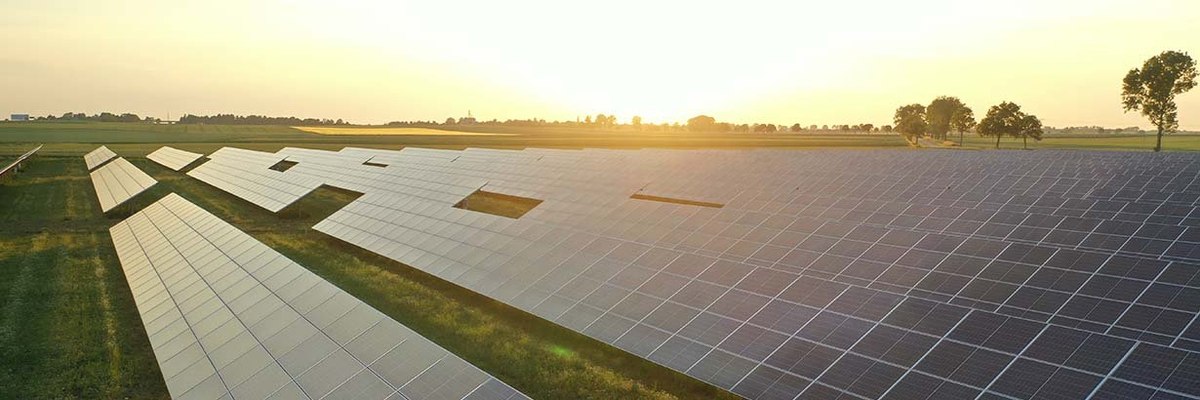While concern about climate change remains largely the same, Britons would far rather focus spending on bringing down prices
Last week the National Grid announced that blackouts might occur this winter if gas supplies run extremely low.
Although the body said such circumstances are “unlikely”, a recent YouGov survey found that 48% of Britons think blackouts are likely in the UK this winter, and now a separate YouGov Political Research survey has shown that Britons are willing to ramp up the use of coal power in order to avert such power cuts.
By 54% to 27% Britons say they would support temporarily significantly increasing the amount of energy the UK generates from high carbon sources like coal if it was the only way to prevent blackouts.
However, by a similar ratio – 51% to 32% – Britons also support doing so in order to reduce energy bills.
Such support flies in the face of Britain’s dislike of coal: a 2019 YouGov survey found just 20% of Britons had a favourable opinion of coal power, and polling for COP-26 last year showed 77% in favour of major economies phasing down coal by 2030 (the UK’s own goals are to end it for good from October 2024).
This begs the question – how far is the cost of living crisis impacting Britons’ support for tackling climate change?
How much of a priority is climate change compared to other areas?
The results of a new YouGov survey show that, while Britons still take climate change seriously, it sits far behind the cost of living in the list of their concerns.
For instance, asked the top issues facing the UK in the near future, climate change still comes third, at 29%. However, this is substantially behind first-placed ‘cost of living’ (69%) and second-placed ‘the economy’ (58%).
That said, despite placing third on the list of top priorities for the country, when paired off individually against the same list of 14 other issues, climate change is seen as a less important issue than all except immigration, Brexit and transport.
And climate change performs worst when paired against the cost of living specifically. Close to three quarters of Britons (73%) say that the cost of living should be prioritised over the environment and climate change. Just 15% take the opposing view.
Even among those who say the environment is one of the top issues facing the UK, 54% say they would rather prioritise spending on the cost of living, with just 33% saying the environment deserves the greater financial attention.
These results represent a remarkable decline in desire to prioritise climate change spending across the board from the same time last year. This is likely due to the higher salience of climate change as an issue at that time, with significant publicity around the issue happening in the run up to Britain’s hosting of COP-26 – the increased desire to prioritise other issues than climate change extends past just cost of living related areas to include education, crime, and immigration.
Levels of concern about climate change remain unchanged, but lag those over the cost of living
That people are not prioritising climate change is not to say that people aren’t still concerned about it.
Two thirds of Britons (67%) say they are worried about climate change and its effects, including 24% who say they are “very worried”. This former figure is in line with previous surveys over the last year or so, although the number who are very worried is down from the last survey in July (33%, although this was conducted during the summer’s record-breaking heatwave).
Nevertheless, this is still some distance behind the number of people worried about the cost of living (85%), with 49% saying they are “very worried”.
Attitudes towards government spending on climate change have shifted minimally, if at all
The cost of living crisis does not appear to have significantly affected wider attitudes on government spending to try and reduce carbon emissions. YouGov tracker data from late August shows that only 17% say that the government is doing and spending too much to try and reduce carbon emissions, about the same level it has been since May last year.
By contrast, 44% of Britons say the government is not doing or spending enough to tackle climate change, while 13% think the government is getting the balance about right.
A separate YouGov tracker has also detected a slight increase in the number of people who chose the environment as a sector the government is spending too much money on, with figures since March averaging 20%, compared to an average of 14% in surveys conducted in 2021.
Other YouGov trackers have shown Britons becoming more pro-nuclear, and also becoming somewhat more willing to extract shale gas, although it is unclear to what extent these shifts are prompted by the cost of living crisis or by broader energy security concerns following the Russian invasion of Ukraine.
Britons think the government can afford to help with the cost of living and still fight climate change
Part of the reason attitudes have not shifted may be because Britons don’t think the public finances are in such poor shape that compromises have to be made.
By 53% to 29%, Britons think the government has a great deal or fair amount of capacity to help bring down the cost of living before it would have to lessen the amount it is doing to tackle climate change. Those results are virtually the same among those who specifically want the government to prioritise cost of living spending over climate change.
Photo: Getty
See the full results here









